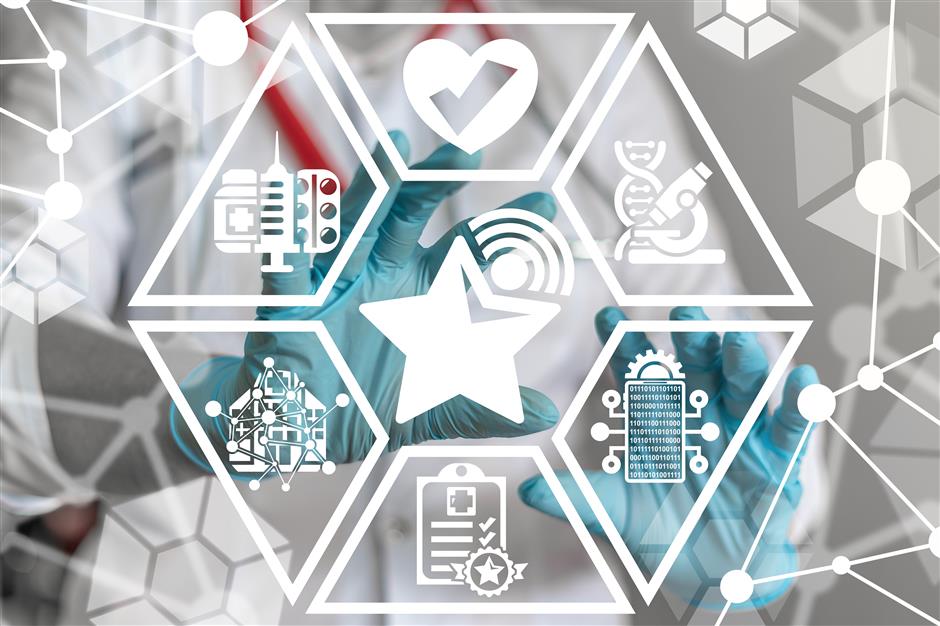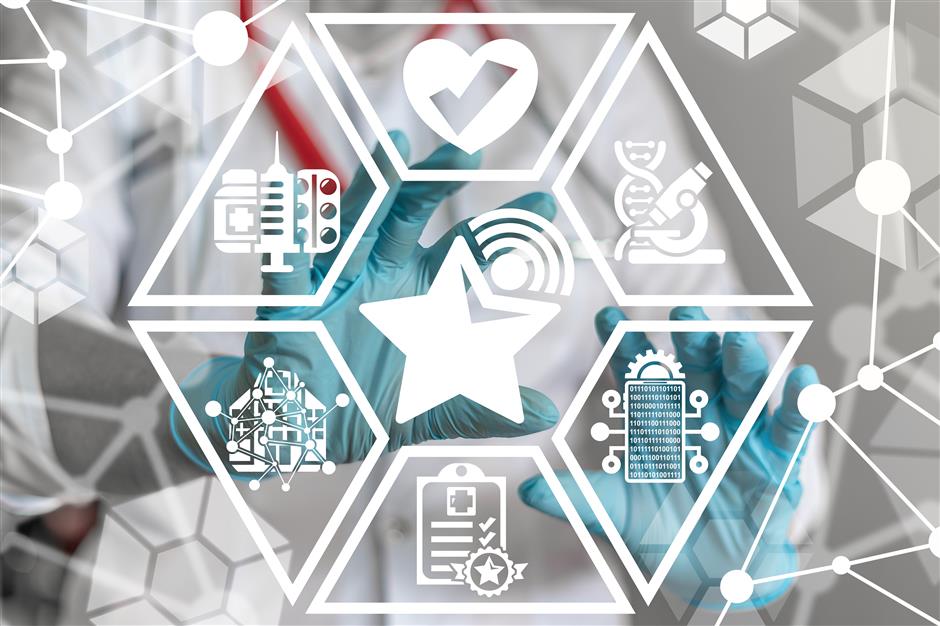AI’s Impact on Drug Development
Artificial intelligence (AI) is shaking up the drug development process, offering a shot at lowering expenses, speeding things up, and creating better treatments.
The hype around AI has led to huge investments, with billions of dollars going into AI-powered biotech startups. In China alone, over 100 AI-driven pharmaceutical companies have sprung up since 2018, showing the country’s growing role in this area. Companies like XtalPi, Deep Intelligent Pharma, and StoneWise are leading the AI revolution.
Despite the buzz, using AI in drug development isn’t as simple as it sounds. While AI has made headway in early stages of drug discovery, its role in more complex phases like clinical trials still faces hurdles. Will AI become the answer to all our drug development problems? Maybe. However, it will likely take years, if not decades, to revolutionize the industry.

AI’s use in drug research faces complex challenges.
AI is able to analyze large amounts of data fast, which can help discover drugs quickly. Drug development traditionally needs researchers to sift through lots of data to find promising molecules, figure out how drugs interact, and plan the best treatments. AI can speed up these processes by analyzing data quicker and more precisely than human researchers.
US-based Insilico Medicine and UK-based Exscientia have already made significant advances in AI-assisted biotechnology. Insilico’s AI-designed drug for idiopathic pulmonary fibrosis reached human trials in under three years—something considered impossible before. This shows a big change in how we see drug development timelines. AI can transform a long, costly process into something faster and cheaper.
AI also helps cut costs, which is a major opportunity for the pharmaceutical industry. The process of developing drugs is very expensive, costing billions before a single drug reaches clinical trials. AI can make this process more efficient by quickly and accurately finding suitable drugs, which lowers the financial burden on developers and healthcare systems.
In China, the AI-driven pharmaceutical field has grown rapidly, with startups and established companies using machine learning to boost their research and development.
Although Chinese firms are still catching up to global leaders in tech, their fast growth could close the gap in unpredictable ways.
Challenges and the Future
Despite its potential, AI faces challenges before it can fully revolutionize drug development.

AI needs high-quality data to provide reliable results.
One major challenge is getting regulatory approval. The pharmaceutical industry’s processes are highly regulated. Ensuring the safety and effectiveness of new drugs needs thorough testing, which usually takes years, and AI-driven drug development is no exception.
AI has shown promise in streamlining clinical trials by predicting success rates, optimizing trial designs, and even helping to recruit test patients. AI can analyze large data sets to find ideal candidates and predict which patients will benefit from a specific treatment.
A key issue is data quality. AI is only as good as the data it uses. Drug development needs comprehensive data, which can be lacking or inconsistent. Missing, biased, or unrepresentative data can lead to skewed results, causing problems when conducting trials, especially in diverse populations. Inaccurate or incomplete data can mess up clinical trials, delaying approval, or leading to dangerous treatments.
Another challenge is that AI decision-making isn’t always transparent. AI models based on deep learning are often “black boxes,” which means their creators can’t always explain why they make certain choices. This lack of clarity can create a barrier to trust. If AI picks one drug over another, it’s critical for researchers and regulators to know why.
Concerns about data privacy and security are also important. As AI handles sensitive health info, safeguards to protect patient data are increasingly essential. Ethical questions, like algorithmic bias, are also important. Who owns the data used to train AI? How are patient rights and privacy protected? These are questions that regulators must consider as AI grows in drug development.
AI has already changed aspects of drug discovery, but it won’t replace traditional methods soon. The real potential of AI lies in its ability to enhance human expertise. AI can speed up some stages, but it cannot solve the fundamental challenges of drug discovery on its own.
The future of drug development will be defined by collaboration—AI working alongside human researchers. AI can quicken some steps, but human experts will still be important. The real progress will happen when AI and human researchers work together.
In China, as in the rest of the world, AI’s role in pharmaceutical innovation will keep growing. However, the path to a totally AI-driven revolution in drug development is long and full of obstacles. Overcoming these challenges will require time, resources, and, most importantly, collaboration between AI and human expertise.


